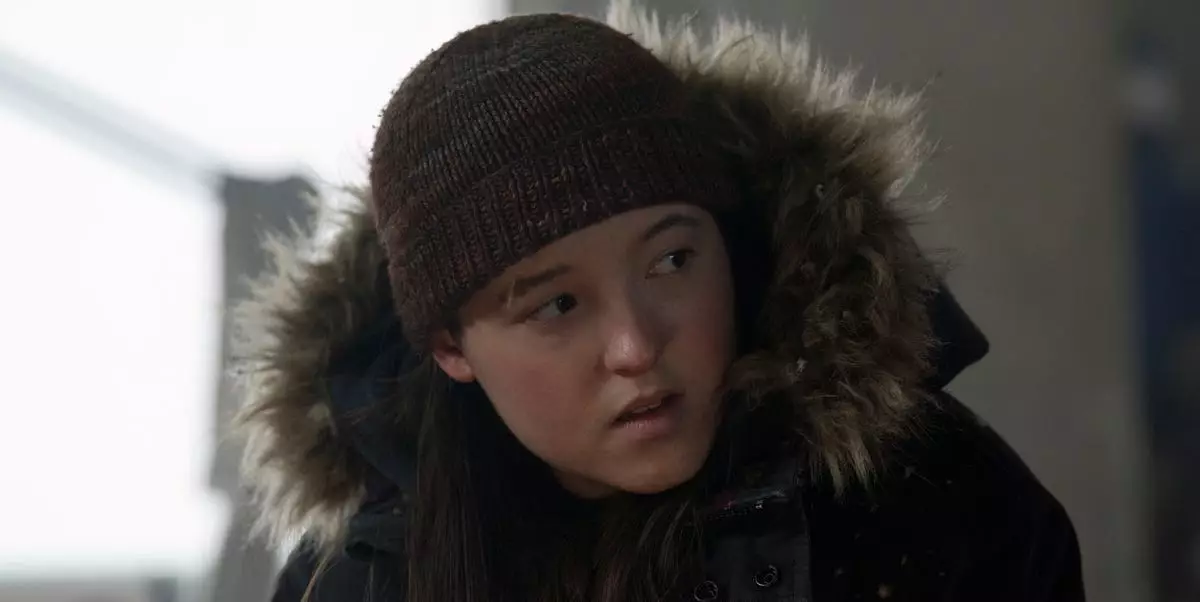“The Last of Us” has consistently proved itself to be much more than a mere adaptation of a beloved video game; it is an emotional journey through loss, love, and survival. In the devastating finale of season two, episode two, titled “Through the Valley,” the emotional stakes reach a crescendo that captures the essence of the series. The episode concludes with a haunting performance of the song “Through the Valley,” sung by actress Ashley Johnson, whose connection to the character Ellie spans both gameplay and onscreen representation. This convergence of narrative and music not only reinforces Ellie’s profound loss but also encapsulates the series’ central theme: the price of survival in a post-apocalyptic world.
Echoes of the Past
Throughout the series, Johnson’s role as Ellie’s mother adds enigmatic layers to the narrative. Her portrayal in season one, where she births Ellie just moments after being bitten, foreshadows the complexities of Ellie’s immunity to the Cordyceps infection. The reappearance of Johnson’s voice during the series’ darkest moments serves as more than just a nostalgic callback; it signifies a reclamation of Ellie’s past and the inevitability of loss. The lyrics of “Through the Valley” resonate on a deeply personal level, mirroring Ellie’s own struggles, grief, and battle with her reality. As she mourns the death of her father figure, Joel, viewers are not only reminded of her traumatic origins but are also invited to experience her unrelenting pain in the wake of his absence.
Symbolism and Catharsis
The cherry-picked elements of “Through the Valley” serve a dual purpose: they enhance the emotional weight of the scene while also acting as a narrative device that reflects the internal turmoil of the character. In the gripping moment where Ellie crawls toward Joel’s lifeless body, viewers are thrust into a visceral experience that emphasizes the futility of their world. The song’s poignant lyrics breathe life into what would otherwise be a silent, harrowing scene. It perfectly aligns with the thematic exploration of love intertwined with despair—the sacrifices made in the name of keeping loved ones safe in an unforgiving universe.
Craig Mazin and Neil Druckmann, the show’s co-creators, achieve a masterstroke by intertwining the score with Johnson’s character history. The haunting melodies that echo through the desolation of Jackson, Wyoming, serve to link Ellie’s grief not just to Joel but to the lineage of loss and maternal love that precedes her. It subtly hints that while she battles the remnants of a broken world, her history—a mother who cared deeply and sacrificed everything—lingers in the shadows, offering a complicated sense of connection underneath the rubble of her reality.
The Power of Performance
The emotional weight that Ashley Johnson brings to her performances—both in gameplay and the series—cannot be overstated. Her voice, whether as Ellie in the game or as the maternal figure in the show, embodies resilience and vulnerability. Adding depth to her character through the layers of her family story invites viewers to engage with the narrative on multiple levels. The significance of her dual role cannot be overlooked; it blurs the line between creator and creation, allowing the audience to perceive Ellie’s journey as a compelling cycle of love and despair that reverberates throughout the series.
The decision to incorporate Johnson’s voice into such a pivotal moment encapsulates the essence of storytelling—transcending mere plot points to create a rich tapestry of emotional experiences. This nuanced intersection of sound, performance, and character development stands as a testament to the capabilities of television storytelling, solidifying “The Last of Us” as a front-running example of how narrative art can push boundaries and challenge audience perceptions.
Impact and Legacy
The impact of “Through the Valley” is not confined to a single episode; it reverberates throughout the entirety of “The Last of Us” series. It serves as a critical reminder of the emotional stakes involved in this dystopian world. The choices characters make—who they choose to protect, whom they lose, and the effects of their survival—are laced with heavier implications. As viewers are drawn into Ellie’s journey, they are reminded that love and loss are intricately wrapped in the same continuum of human experience. In this fractured reality, the symbols of love may fade, but their echoes remain, providing a haunting backdrop to the struggle of survival.

